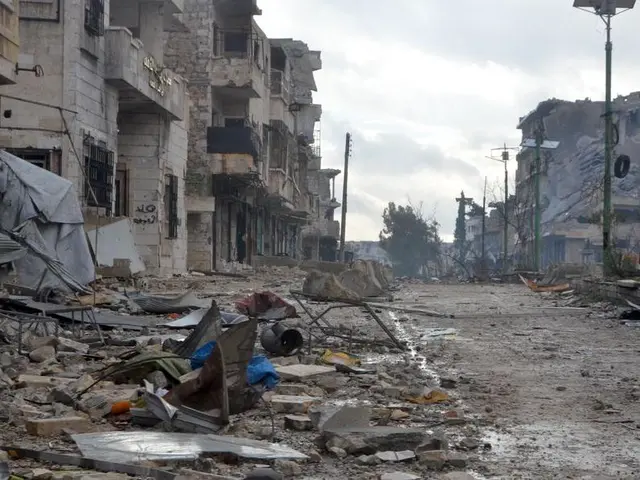In the midst of despair from the tough economic situation in the country, some Syrians have opted to help their communities through self-initiated initiatives.
The economic situation in Syria has worsened in recent months, with the Syrian pound hitting a record low against the U.S. dollar since the eruption of the crisis nearly nine years ago.
Many Syrians expressed their dismay through social media, while others, mainly in the southern province of Sweida, took to streets to protest under the banner "We Want to Live."
A couple of months ago, a smartphone application named "Syrians Around the World" designated a section for people to donate and seek help online.
For instance, better-off people can post what they want to donate online for the needy to choose from and collect later.
Meanwhile, some others have visited hospitals and grocery stores to help the poor there pay their debts.
For the poor in the northwestern province of Latakia, some businessmen reportedly have donated money to help pay their outstanding bills.
In the southernmost province of Sweida, local communities have created around 50 initiatives on the social media platforms to help the poor over the past few days.
Salman Zaher, a man from Sweida, told Xinhua that some expatriates from the province covered the debts of some of the poor families and donated money for them to buy food items.
"It was an important step in such difficult circumstances," the 52-year-old man said, adding the rich in Sweida also donated fuel for heaters during the winter.
"The tough situations reveal the goodness in some people and these personal initiatives indicate that people still care for one another during this war," Rudaina al-Shaar, a female accountant, told Xinhua.
Despite the good deeds, some say it's still not enough in the light of such a suffocating economic hardship caused by the Western sanctions.
"These initiatives cannot be a solution for the economic situation in the country which needs bigger efforts from the government and businessmen," said Osama Saleh, a school teacher.
 简体中文
简体中文

